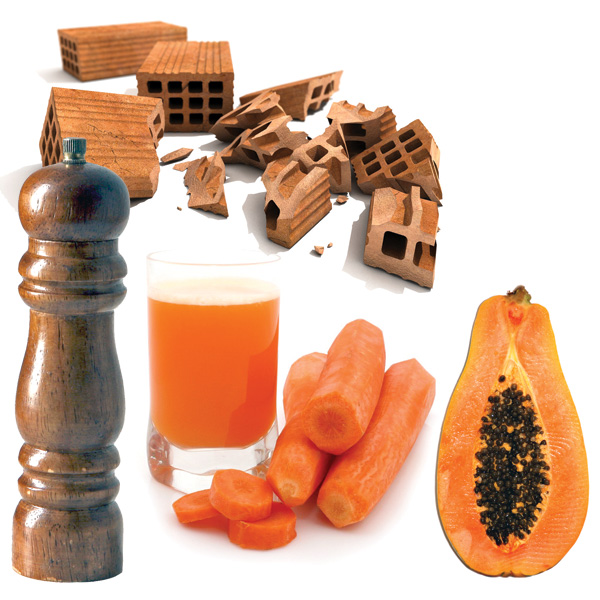 By Pauline James
By Pauline James
Even today, the use of natural remedies from simple cupboard ingredients, can often prove to be a life-saver for our parrots, due to their simplicity, availability and the speed at which they can be administered. Here are a few great tips to cure common ailments:
Curbing the flow of blood: apply white or black powdered pepper to a fresh wound. It works particularly well on a badly bitten foot that generally bleeds profusely. Cornflour and flour can also be helpful in curbing the flow of blood.
Candida: this is the most common fungal disease found in parrots, usually due to a deficiency in vitamin A, and can be identified by white blotches inside the mouth. Treat a bird found with early symptoms with carrot juice offered four times a day and/or dilute a teaspoonful of bicarbonate of soda in a glass of water and fed regularly. A vitamin A-rich diet acts as a preventative.
Compacted crop: papaya and apple are two fruits which contain high levels of natural digestive enzymes which can aid in the breakdown of foods in a compacted crop. Puree the flesh and mix with water before administering in small quantities at a time.
‘Live’ yoghurt, rich in beneficial bacteria, will help cleanse an unhealthy crop of harmful toxins, or act as a preventative to crop disease. The fresher the yoghurt, the higher the population of viable lactic cultures it contains, replacing those that occur naturally in the crop and intestines, and aids digestion.
Sour crop: add an eighth of a teaspoon of Epsom salts, bicarbonate of soda, molasses or black treacle to the bird’s drinking water. Magnesium is the major component of Epsom salts and plays a vital role in orchestrating muscle control and eliminating harmful toxins. It also helps to regulate the activity of over 300 different digestive enzymes, and provides sulphates which play a vital role in the formation of mucin proteins that line the walls of the digestive tract. Bicarbonate of soda is anti-bacterial and will serve to neutralise an acidic or gassy crop. Molasses or black treacle is the by-product of sugar cane, and is high in carbohydrates, vitamin B, calcium, iron and minerals. Vitamin B, in particular, aids digestion and the efficient absorption of foods.
Scaly face: this condition is the result of mite attacking the exposed parts of a bird’s anatomy. It often starts on the cere and beak and then spreads to the eyes, vent, legs and feet as the bird scratches. A little Vaseline rubbed into the affected area, if caught in the early stages, can quickly restore a bird back to good health.
Mineral deficiency: file the side of a clean red house brick and the deposit will provide birds with essential minerals, and grit to help with digestion. This can be used alongside a good quality mineral supplement, and should not be used as a substitute.

